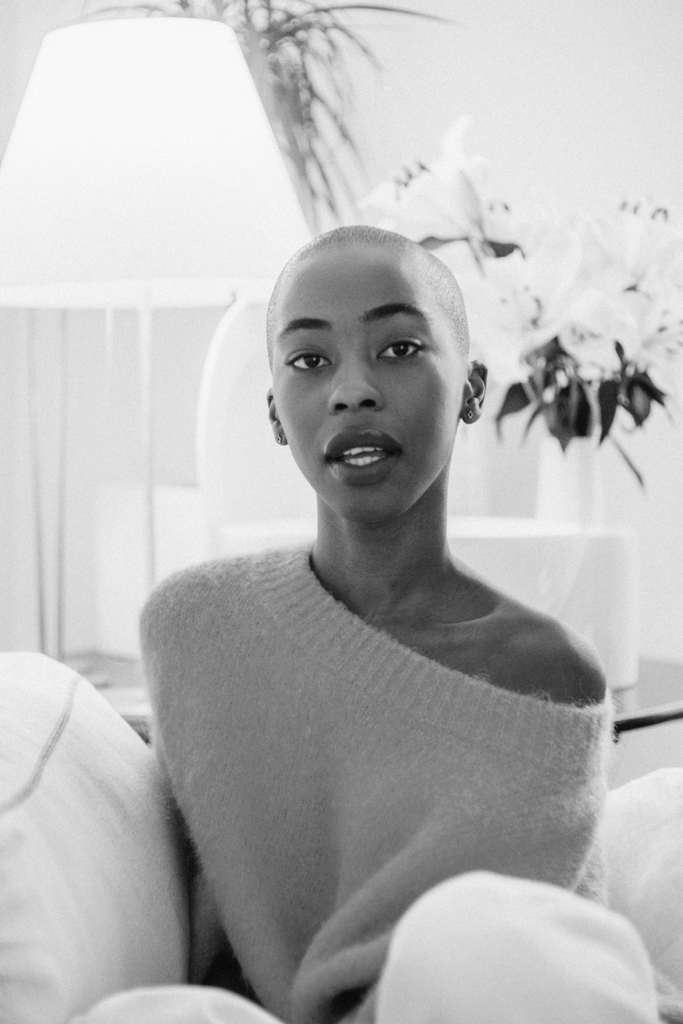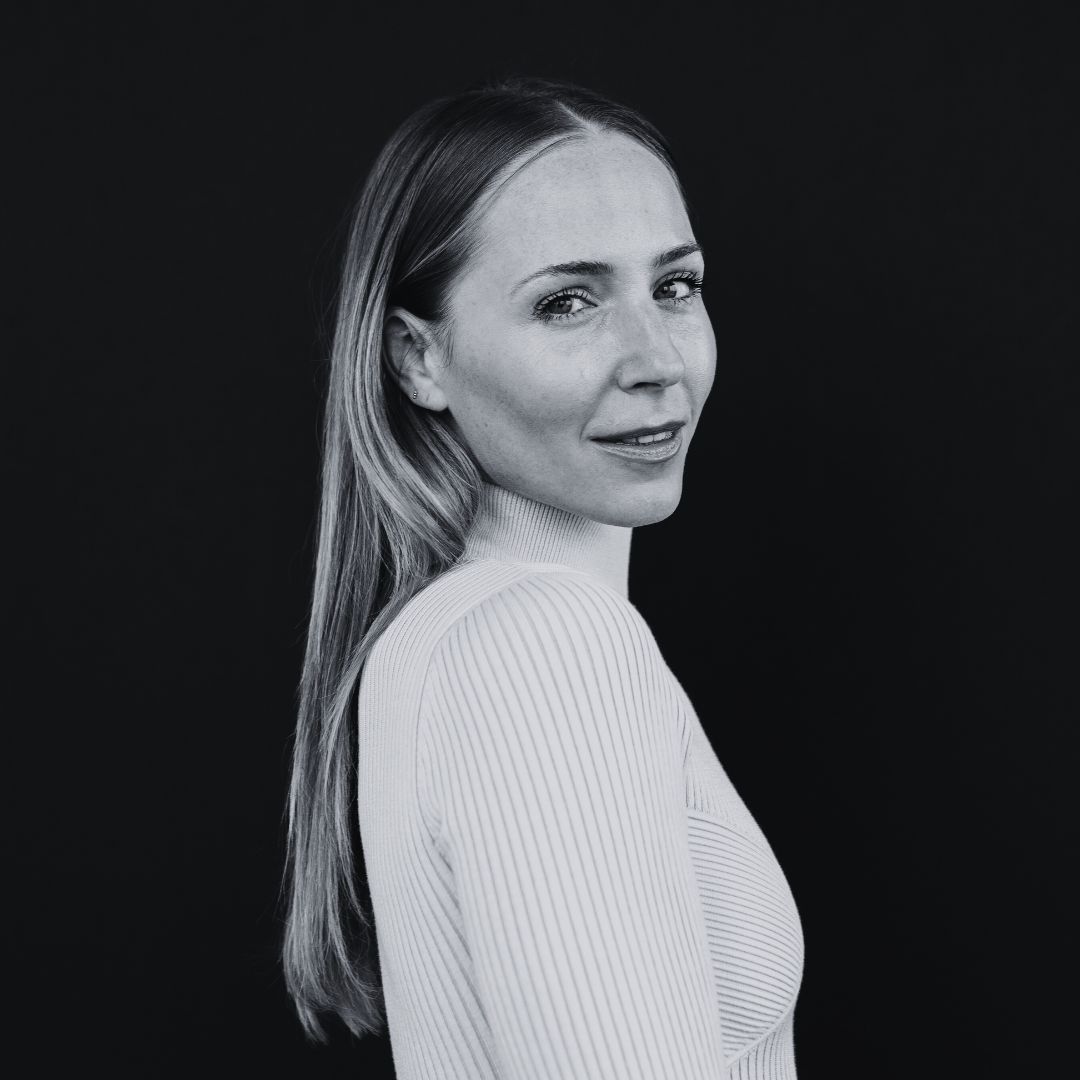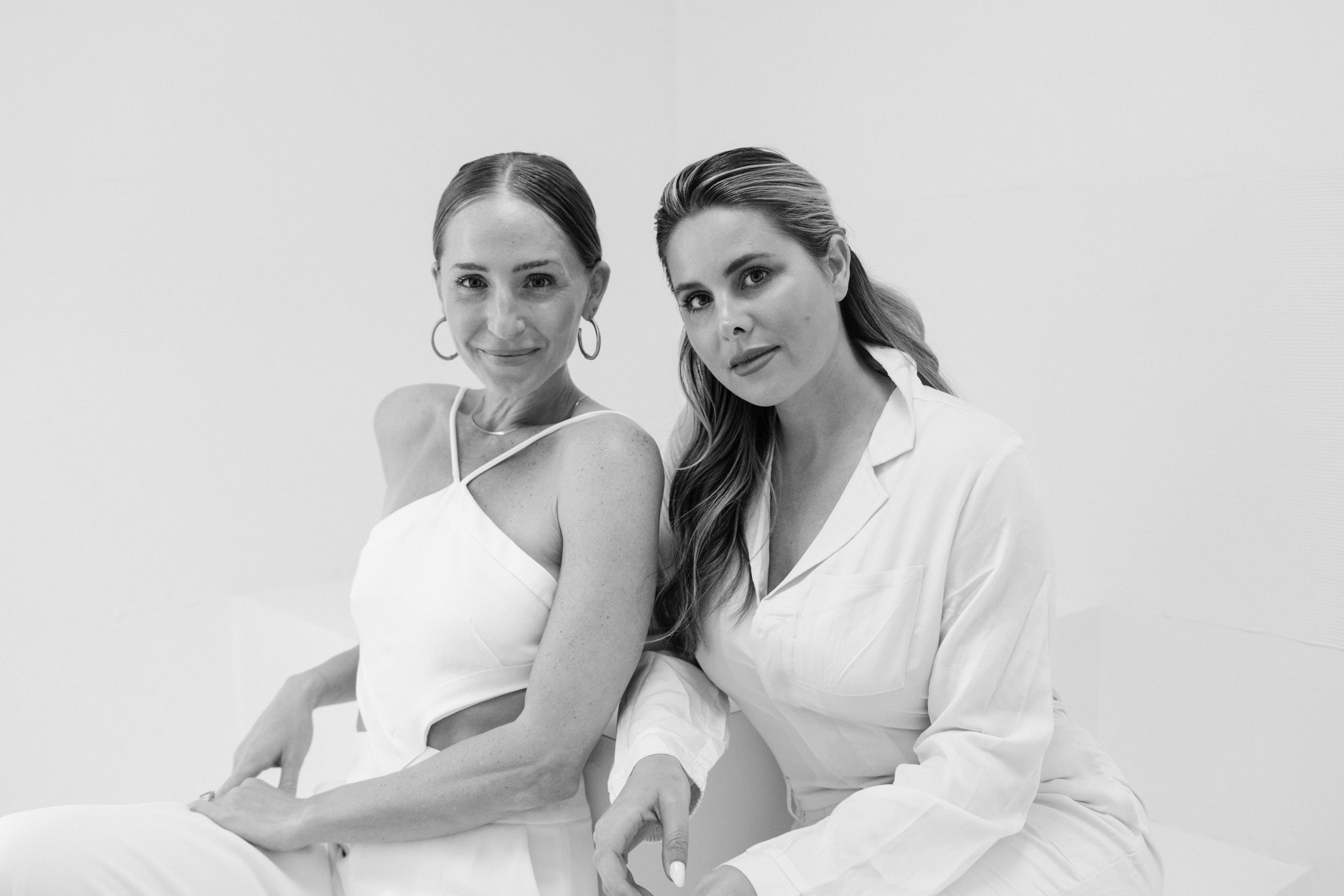Summary
Our world expands when we bring different perspectives into our lives. It can be extremely nerve-racking making decisions and speaking our opinions, especially when we’re not so sure if they’re authentically ours to begin with. Fear of cancel culture can lead to rash reactions and lack of communication.
When we spend time learning from different perspectives, do our research, consult with multiple authorities, and trust ourselves, that’s when we can truly feel secure in our choices. And that is crucial for our society to move forward.
We were lucky enough to spend time connecting with Africa Brooke on topics like these. This transformative conversation explores the ideas of woke culture, self-censorship, cancel culture, radical self-responsibility, and more.
We also talk to Africa about her journey to sobriety and how it has impacted her world. This conversation opened our minds and hearts, and it inspired us to create our own opinions and feel confident in our own truths.
Who is Africa Brooke?
Africa Brooke is a London-based mindset coach, podcaster, writer, speaker, business consultant, and most of all an open-minded and forward-thinking human. She specializes in helping people overcome self-censorship and other forms of self-sabotage.
Africa’s work focuses on encouraging people to change their mindsets using an ethical psychology-based approach. She aims to help her clients understand what it means to be solidified in their opinions and how to communicate with the complex world that is the public eye.
In this post we’ll touch on:
- How sobriety has led to radical responsibility
- How to welcome in new perspectives
- Why it’s crucial to do our own research
- Taking pride in your opinion while still having an open mind
- Social media’s presence in our lives and how that can be both a good and bad thing
- Separating from mob mentality
- Fighting the pull to join the cancel culture mob

Africa Brooke’s journey to sobriety
During our discussion, Africa shares with us her journey to sobriety and what made the final time she set out to get sober the one that clicked. To start, Africa explains that every time she relapsed, it was because she fell into a pattern of blaming other people in her life for her actions. This is where radical responsibility comes in.
Africa believes that the starting point for anyone going on a journey of self-growth is to begin by taking responsibility for who you have been — even if it means accepting actions like lying, cheating, etc. This is crucial to acknowledge the reality of the situation.
Owning responsibility for your emotions and actions
By owning responsibility for your actions, you’ll naturally learn to depend on yourself for changing your behaviors. Africa notes that being in charge of your emotions is essentially the opposite of what is going on in our culture, with many people overusing the phrase, “I’m offended.”
Africa says, “You’re making someone else responsible for your emotions…this idea that every single person, or most people that you interact with, should somewhat know what your triggers are, what your exact life experience is.” Further, she mentions this journey can lead to entitlement and ultimately make you feel disempowered, as if you have no control over your emotions and reactions.
Learning to choose her battles wisely and accept responsibility for her actions has helped Africa get to the positive place that she is in today.
Why cancel culture is blocking us from honest communication
We’ve all heard of cancel culture. Essentially, when a public figure acts in a way that is deemed socially unacceptable, they become “canceled.” When a public figure is canceled, they lose fans, sponsors, job opportunities, and more. Africa Brooke explains that for a time, she related to the groups of people advocating for cancel culture.
But, at some point, she began to look at it differently. Africa now views cancel culture as “collective self-sabotage.” She explains that this instinct to shun people comes from a fight or flight response.
She says, “If I have a healthy conversation with this person, am I defending this behavior, and therefore betraying the mob, or the community? So, what I need to do is to not even see this person as a human being and to just present them to everyone else so I feel like I still belong to my community?”
Africa emphasizes that those who have taken part in public shaming, who have been in the mob mentality mindset, deserve compassion. This is a fight or flight response and as a society, we participate to protect ourselves.
Instead she suggests taking time to look at people who make mistakes as human beings. Instead of attacking them with words and accusations, which will only lead them to feel defensive, try to have a genuine conversation with them. Take the time to listen with an open mind, answer questions, and educate others. This has the power to change the narrative.
How language is being abused in cancel culture
In a world where words need to be chosen carefully, with intention and education, there leaves room for some to be left out of the conversation. Africa reminds us that there’s a lot of people who don’t have access to the “academic jargon” that is changing every day.
She continues to explain how the act of shaming people for not having access to a conversation is “elitist and dehumanizing.” Africa says that it’s easy to forget that there’s a real world, filled with constant learning and evolving, that continues outside of social media.
One part of these conversations Africa has come to see as problematic is the overuse of extremely serious words. Africa says, “It really waters down the terms. So when we’re calling everyone ‘racist,’ when we’re calling everyone ‘sexist,’ when we’re calling everyone a ‘misogynist,’ it’s really removing the charge from things that actually mean something.”
Taking the time to respond instead of reacting
In a time where “silence is violence,” it’s easy to get caught up in the habit of reacting rather than responding. Africa explains the danger of reacting aggressively to genuine questions.
Africa Brooke mentions a time when she reacted strongly to someone who, in hindsight, was asking a genuine question. “He was simply just asking, ‘Is this the best way to engage in this very important conversation?’”
Africa said that because she had been in echo chambers for so long, only hearing the same opinions, there was no room for challenge. “If anyone asks a question, people will jump on.”
That was the day Africa realized that something was happening — and she did not want to be a part of it anymore. This is when she started doing her research on the psychology behind mob mentality at work and reflecting on her behavior as well as the mobs’.
Africa Brooke encourages people to do their own research and remember that curiosity is not a crime. Engaging in conversation is the key to growing our society in a positive direction.
“When we don’t have communication, the only thing we have is division.”
How to overcome mob mentality and cancel culture
Africa goes on to say that there needs to be room for a grey area where people can do their research. Africa says that intentional speech is necessary, but that not all free speech is hate speech.
She views the mob mentality at work as a very binary way of thinking. She explains that it’s concerning that this mob mentality is similar to a cult. It’s where no outside information is let in.
Further, it is not always the right thing to do. Africa explains that many people fall into a certain way of responding to injustice. They fully believe they are doing the right thing, but that’s not always the case.
“If you can look at any Black person that exists, or any brown person that exists, any Asian person that exists, any Arab person that exists and says ‘you are oppressed.’ That is racist, right? … It’s being presented as liberation but it’s disempowerment, essentially.”
Africa Brooke emphasizes that many of us think we are doing the right thing when we engage in collective self-sabotage. But it’s so important to stay open-minded and create our opinions out of research, empathy, and genuine intention to learn.
Want to hear more from Africa Brooke?
Learn more on her podcast Unfiltered with Africa Brooke. Be sure to check out her website and Instagram. See below to listen to this full podcast episode with Africa Brooke.






add a comment
+ show Comments
- Hide Comments